

Winter Weather Update
Kennesaw State University is closed on Monday, January 26, 2026, and will be OPEN and resume normal operations on Tuesday, January 27, 2026
KENNESAW, Ga. | Nov 5, 2025
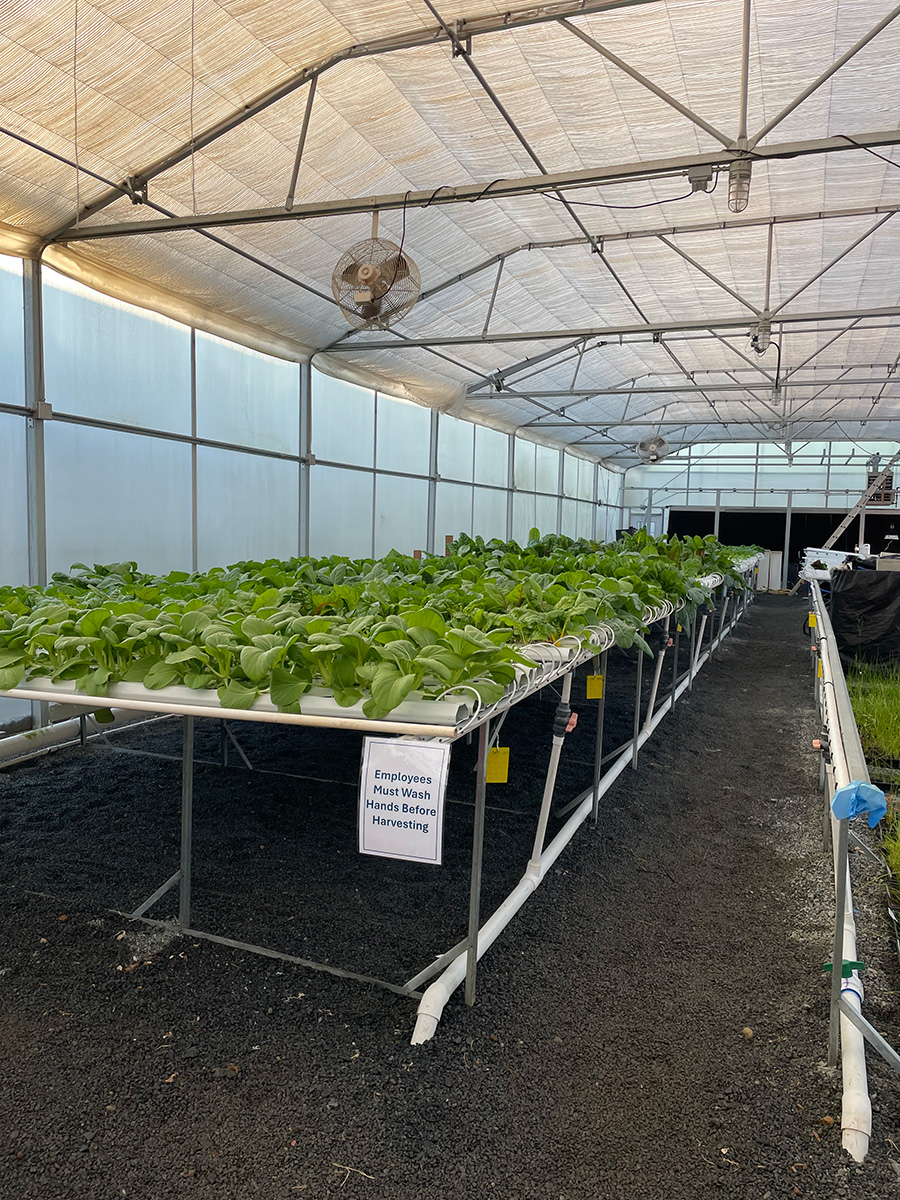
While KSU is part of a thriving region, the university offers students a rare combination of accessibility and natural beauty, providing the best of both worlds. Graduate students from an array of programs benefit from state-of-the-art laboratories on campus, and outdoor environments like the Field Station, combining academic rigor with the added advantage of nearby professional connections and cultural experiences.
Master’s student, Adamina Bilbrey, who is studying Integrative Biology, is using the Field Station to assess the naturally occurring plant seeds in soil samples taken from wetland areas at Sam Hole Bay, a property in Effingham County, Georgia. “We collected soil cores from these areas and set up the experiment in one of the greenhouses at the Field Station, where the seeds could germinate and later be identified,” she said. After the seeds germinate, she will evaluate what species are present and recommend management actions to support long-term restoration goals at Sam Hole Bay and other wetland areas. “Being near metro Atlanta provides unique opportunities to connect with various organizations such as the Georgia Plant Conservation Alliance and the Southeastern Partners in Plant Conservation, […] who share similar goals,” she added.
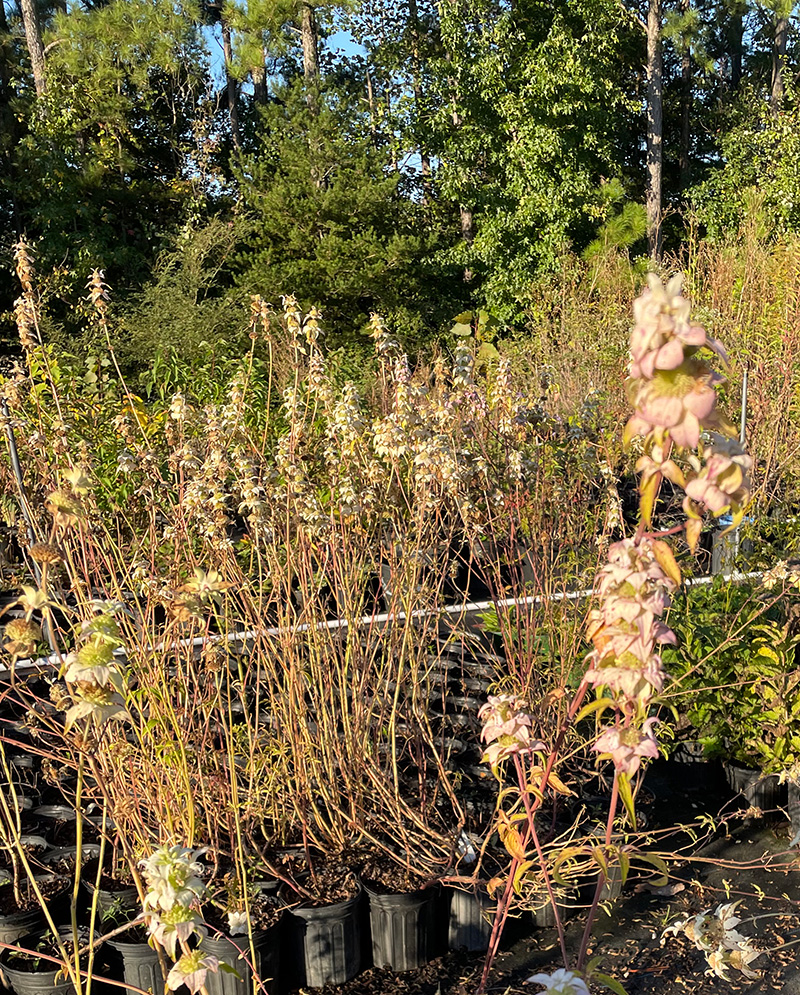
For graduate students, the Field Station provides an additional space for study, mentorship, and interdisciplinary partnership opportunities. “Collaboration is one of the best things about scientific research,” said Sydney, who looks forward to connecting with specialists from other disciplines in the future. The Field Station’s proximity to campus makes regular involvement easy, and support from the Office of Research helps turn ideas into impactful studies.
If you are interested in visiting the KSU Field Station or have a question about it, please fill out the inquiry form on their website (https://www.kennesaw.edu/research/centers-facilities/ksu-field-station/contact.php)
--By Tracy Gaudlip
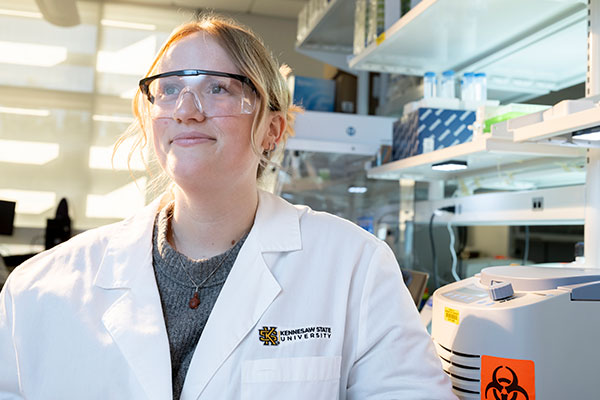
KSU Graduate Student Investigates How Human Activity Shapes Wildlife Behavior and Health
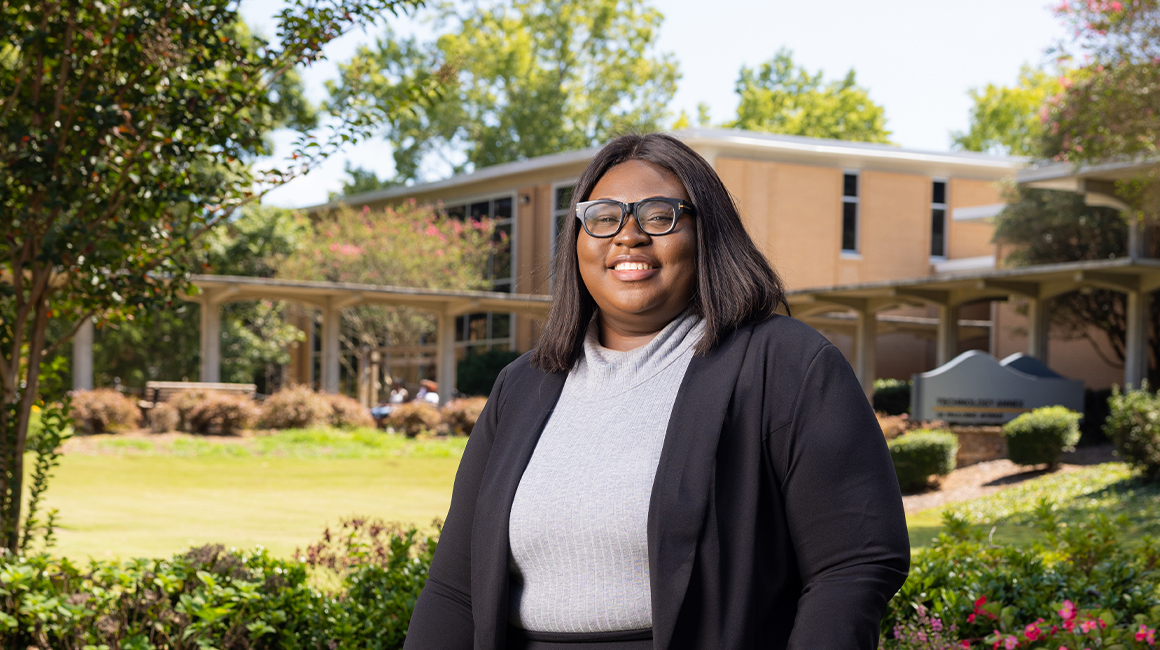
KSU Doctoral Candidate Uses Workshop Experience to Bridge Peace Studies and Military Strategy
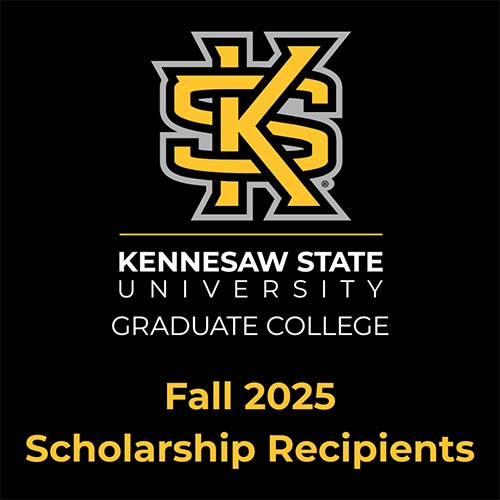
Eight KSU Graduate Students Receive Scholarships from Graduate College
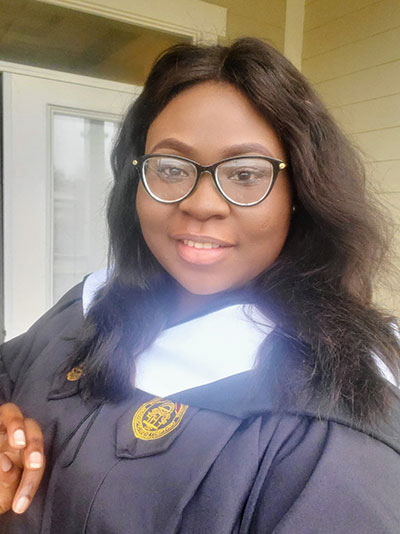
KSU Doctoral Candidate Selected for Prestigious Military Strategy Workshop at Cornell